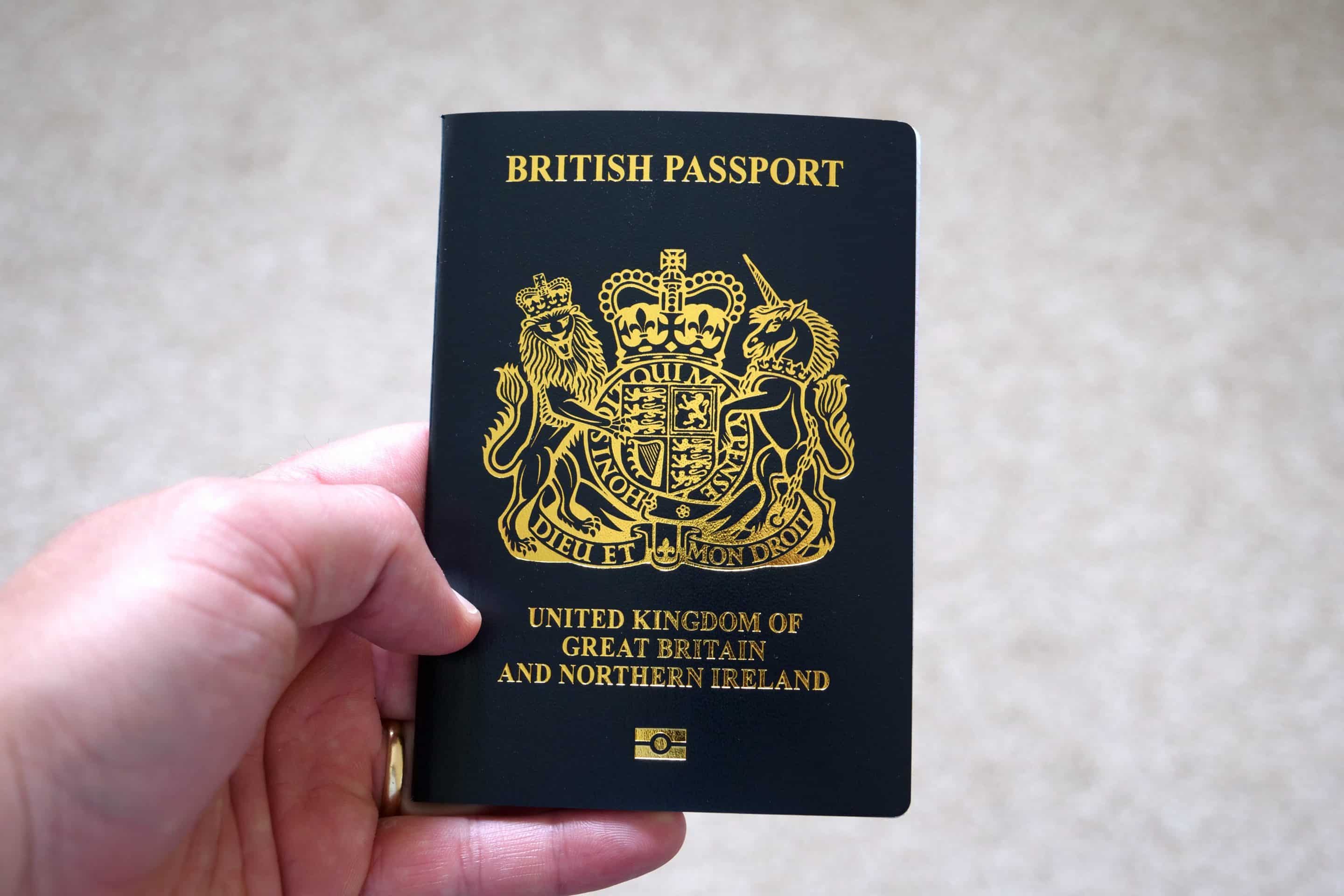Outlined by the Immigration Act 1971, the right of abode protects both British and some Commonwealth citizens when living in the UK, or when crossing its borders. But what exactly is it all about, and how does someone go about proving they have this right?
In this article, our Head of Immigration Law Sophie Campbell-Adams covers all you need to know about the right of abode. You’ll learn what the right covers, who is eligible and how you can go about applying for it.
What is the ‘right of abode’ in the UK?
The right of abode is the right for a person to enter, leave and live in the UK, free from immigration control. Section 1 of the Immigration Act 1971 describes it as being:
“…free to live in, and to come and go into and from, the United Kingdom without let or hindrance…”
If you have right of abode, you:
- Do not need a UK visa
- Can enter and leave the UK at your discretion
- Can stay in the UK for as long as you like
Granted, you must still prove that you have this right when necessary. For example, you must show your passport when entering the UK to prove you have right of abode.
Who has the right of abode in the UK?
All British citizens automatically have the right of abode.
Alongside this, certain citizens of the Commonwealth also have the right, granted they have the ability to prove it.
To be eligible for this, a Commonwealth citizen must either:
- Have a parent that was, at the time of your birth, a citizen of the United Kingdom and Colonies (CUKC) by birth in the UK, or;
- Be a female citizen married to a man with the right of abode any time before 31 December 1982
The Government website provides a full breakdown of Commonwealth countries.
Are all Commonwealth countries eligible for the right of abode?
 Citizens from countries that left the Commonwealth after 31 December 1982 are not eligible for the right of abode. Whilst they may appear on the list of Commonwealth countries, they’re no longer entitled to the right.
Citizens from countries that left the Commonwealth after 31 December 1982 are not eligible for the right of abode. Whilst they may appear on the list of Commonwealth countries, they’re no longer entitled to the right.
For example, countries like South Africa and Pakistan are not eligible as these countries left the Commonwealth and re-joined at a later date. Therefore, they chose to forfeit their right of adobe.
How does it differ from indefinite leave to remain?
Having the right to abode means to you’re free of immigration control when entering and leaving the UK. ILR, on the other hand, is still subject to immigration control. The Home Office grants permission for those with ILR to live and work in the UK.
How do I apply for the right of abode?
If you are eligible, you will need to apply for a certificate of entitlement from the Home Office. In conjunction with your passport, this will prove that you have the right of abode.
To submit the application, you must complete the following steps:
- Complete and send off the certificate of entitlement to the Home Office
- Pay the relevant application fee.
- Submit any relevant documents that the Home Office require
You can complete these steps from within or outside of the UK.
What documents will the Home Office need?
The Home Office will require you to send documents that support your claim for the right to abode. These can include:
- Your passport or travel document
- Proof that you are eligible for the right to abode. These will differ depending on your circumstances, but include:
- Your full birth certificate
- Your parent’s full birth certificate
- Naturalisation certificate
- Your marriage certificate
- Evidence of citizenship of the United Kingdom and Colonies (CUKC)
- Photographs of yourself – these must be no older than 6 months prior to the application being made
You can view the full list of evidence required by the Home Office.
How long does the process take?
The Home Office states that a decision will be made regarding your application within 3 weeks of attending the visa application centre. However, this only really applies when you apply from outside of the UK. When applying from within the UK, the Home Office has given no time estimate as to when a decision is made regarding your right of abode.
Can my right of abode expire?
Your right of abode, alongside the certificate of entitlement, will last indefinitely. However, there are a number of ways in which it can become invalid or be revoked. Some of these include:
- Your passport or travel document that you use with the certificate of entitlement expires
- The Home Office establishes that you in fact do not have the right of abode
- You have a separate passport or travel document with a valid certificate of entitlement
If your right of abode is facing removal, it’s worth contacting a solicitor to see what can be done.











Comments
If you are in the UK and your passport (with the right of abode certificate) expires, do you need to apply for a new right of abode on your new passport though you are still in the UK?
Leave a comment Your email address will not be published.